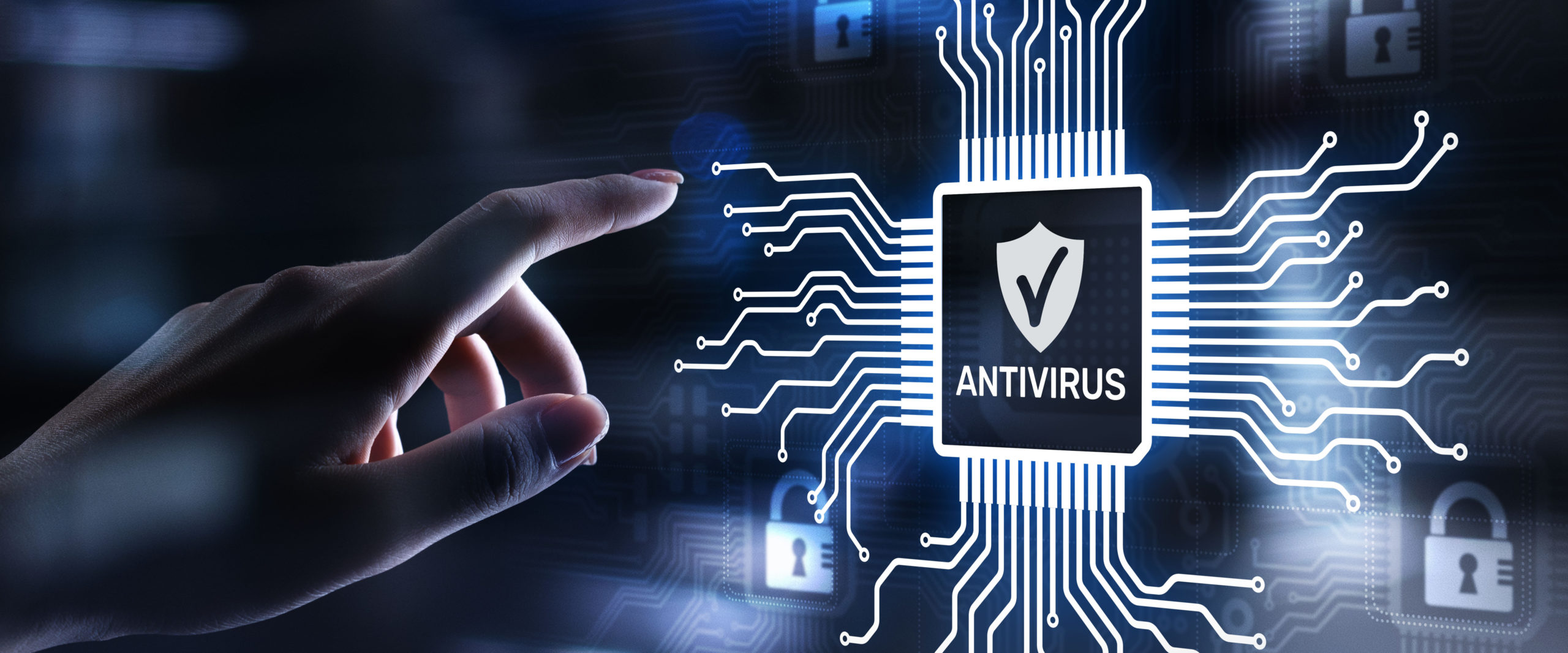As security threats are rapidly increasing, your organization must be proactive about cyber attacks. Next-generation antivirus (NGAV) and traditional AV software are two options when it comes to mitigating and eliminating cyber threats, yet they vary in their processes and how they are carried out.
So, what is the difference between next-gen antivirus and traditional antivirus, and which would work better for your business? Our cyber security experts explain.
What is a next-gen antivirus?
This form of protection leverages advanced technologies like machine learning, threat intelligence, and AI to stop threats automatically while also predicting and preventing them proactively through a cloud-based, system-centric approach. Next-gen antivirus is optimal for eliminating downtime and quickening security alert response times.
NGAV actively puts time back into your day by automatically handling most day-to-day tasks, simultaneously bettering the efficiency and effectiveness of your IT staff. No longer must your team sift through data and seek solutions, but rather next-gen antivirus leverages machine learning to do all of this in the background to help your business run as smoothly as possible.
This cybersecurity solution offers improved detection accuracy while reducing false positives. Present threats are halted while potential threat sources are detected and flagged, preventing any interruptions in your company’s functionality.
Got that? OK, then, so what is traditional antivirus software?
Traditional antivirus protection has some overlap with next-gen software but generally offers a less comprehensive security solution that might not work as well for your business. This software relies on a database of known and recognized threats of “bad files,” which are then recognized as a threat—a type of detection known as signature matching.
While most traditional antivirus software doesn’t proactively scan for threats, such scans can still be scheduled regularly to seek out malware or other attacks. Some traditional AVs use heuristics (predictions made from behaviors) to try and analyze a file or process, but the main method of detection is signature-based.
It can also offer warnings about potentially malicious websites and is optimal for the removal of basic threats, including worms, malware, spyware, adware, and trojan viruses.
Stay with us. We’re going a bit deeper with next-gen antivirus vs. traditional antivirus.
As the cyber landscape is continuously evolving, cybercriminals are, too, deploying AI and automation in their own tactics increasingly more often. The financial detriment a cyber breach can put an organization through outweighs any cost of a security detection program.
To successfully protect your company and its customers from these in-depth attacks, MSPs need top-of-the-line cybersecurity solutions that will level the playing field. This comes with the automation, speed, and intelligence provided by next-gen antivirus.
Does your organization need both? The simple answer: no. While antivirus software may still be highly effective, NGAV does all of that—and more. In fact, running both may slow down your security and create technical issues on systems.
Next-gen antivirus offers a more advanced security solution. However, this isn’t a clear answer for every business owner, but that’s why we’d love to help.
Still unsure which security tactic is better for your company and would like assistance setting up the protection to ensure your business is continuously thriving? If your organization needs a cybersecurity tune-up, we’ve got relationship-based, beneficial solutions. Call radius180 at 856-282-1131 and let’s #DoA180—together.


